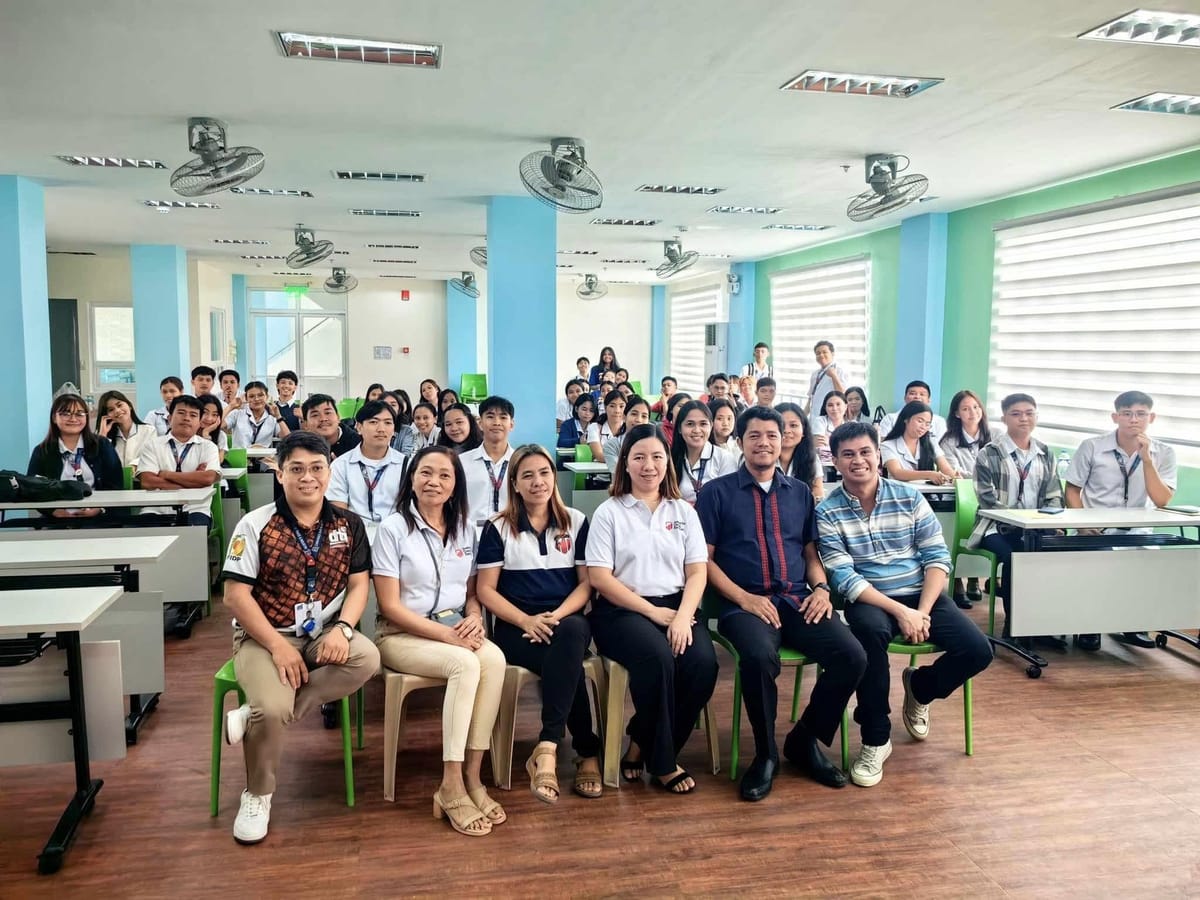

Lehi, Utah - August 6, 2025
In much of the world, people start businesses not to chase a dream—but to survive. A Utah nonprofit is showing them how to turn that survival instinct into lasting income—no grants, no capital, just street-smart business rules and peer support.
We sat down with Robert Heyn, Executive Director of the Academy for Creating Enterprise, ACE, who walked us through his organization's mission, operations and growth. Raised in Bogotá, Colombia, Heyn built a tech career, earned an MBA from BYU, and eventually made his way to Utah’s startup scene. After leading the Suazo Center for Business Development (Salt Lake City) and serving a mission in Mexico, Heyn joined Academy founder Steve Gibson to scale its work globally.
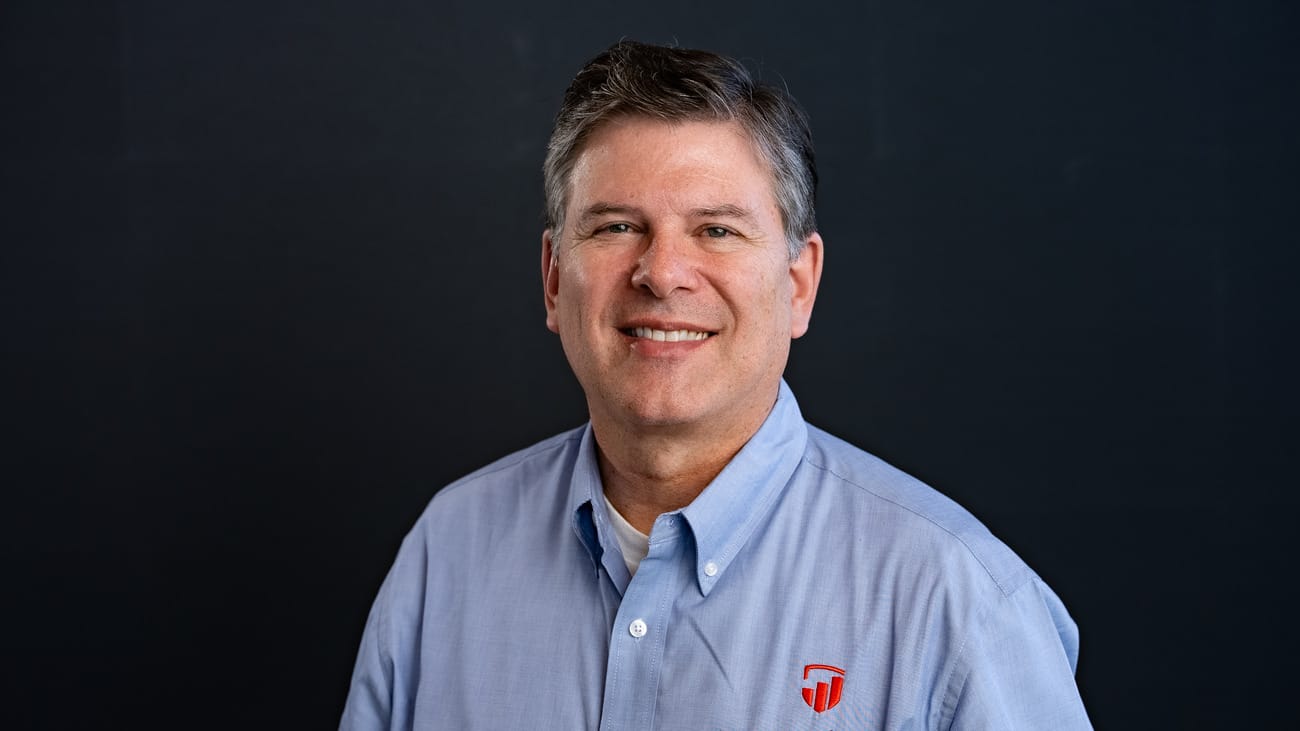
“When I started as CEO, we were in two countries, Mexico and the Philippines,” Heyn said. “Now we’re in 16 countries across Latin America, West Africa, and Southeast Asia.”
The Academy for Creating Enterprise teaches “necessity entrepreneurs,” people who start small businesses not out of ambition, but out of survival. Many of their students have no formal education, no capital, and no safety net. But what they do have is urgency, determination, and the willingness to learn.
“They feel the need to provide,” explained Heyn. “But they don’t know what to do when they start making a profit. They eat their inventory. They don’t keep records. They don’t separate personal and business money. Their businesses don’t grow, because no one ever taught them how.”
The Academy built a lean curriculum around 25 “rules of thumb”—street-smart, practical business habits. Think: “Start small, think big,” “Sell what people will buy,” “Pay yourself a livable salary.” For someone selling produce on a roadside in rural Nicaragua, these aren’t clichés. They’re transformational.
“One of the first rules we teach is: Don’t eat your inventory,” explained Heyn. “You’d be surprised how eye-opening that is for many of our entrepreneurs.”
Over the past 26 years, the Academy has trained more than 150,000 entrepreneurs across three continents. Internal surveys show 72% of graduates launch a business or income-generating activity—and keep it going long after training ends.
But the real secret to the Academy’s long-term impact lies beyond the initial course.
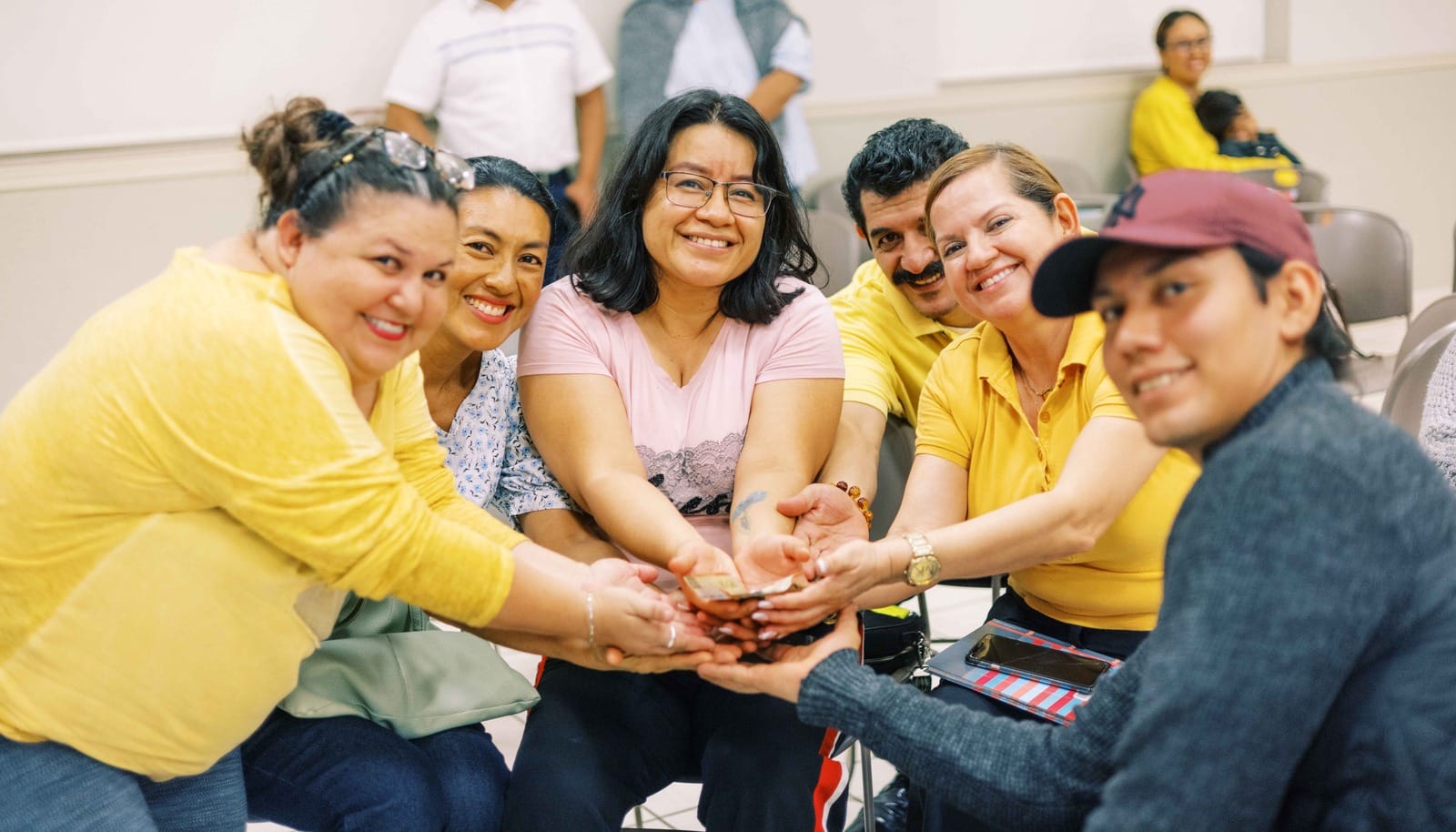
Every graduate is invited to join a chapter, a local business support group that meets monthly to share updates, set goals, and discuss how to apply principles in real-world settings. Chapters operate like accountability circles. One member might commit to buying a notebook to start tracking income. Another may aim to move from paper records to spreadsheets. As members progress, they mentor one another.
“It’s not about learning new things every time,” Heyn said. “It’s about applying the principles and reporting back. That peer support and accountability make a huge difference.”
Today, the Academy supports 1,150+ chapters globally, with 32,000 members meeting monthly—often in LDS meetinghouses, thanks to a unique partnership with the Church. But anyone can join, regardless of faith.
“We work closely with area presidencies to establish new programs,” Heyn said. “But many of our members aren’t LDS. This is about helping people become self-reliant, and that’s something everyone can connect with.”
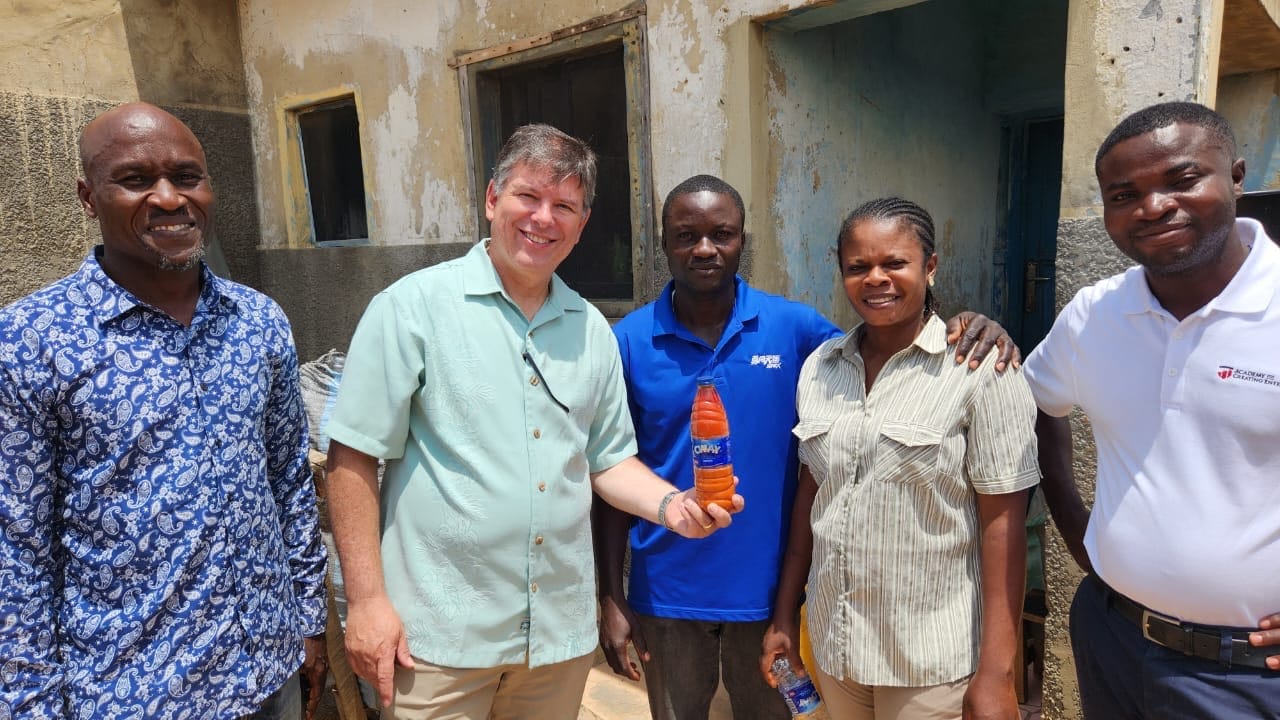
The model is intentionally lean: training is free, chapters are volunteer-led, and staff are based both locally and at the nonprofit’s headquarters in iHub Provo—a Utah startup hub that’s become the Academy’s home base.
iHub founder and entrepreneur Corbin Church has traveled with the Academy to Africa and regularly teaches workshops for chapters.
“Corbin’s been a close friend to the Academy for years,” Heyn said. “When he opened iHub, he said, ‘I want you here.’ The synergies were obvious.”
Beyond mentoring, people can directly support a local chapter through the Academy’s “Adopt a Chapter” program—often in places where they’ve lived, served, or have family ties. It’s personal philanthropy at a grassroots level.
Some donors go even further—visiting the chapters they sponsor in person.
Stories from the field are what bring the impact to life. Like Auntie Maris, in the Philippines, who launched her food business in the aftermath of Typhoon Yolanda in 2013, when her family lost nearly everything. Struggling to find even basic tools to cook, Maris realized the power of ready-to-eat meals in times of crisis—and turned that insight into a business.
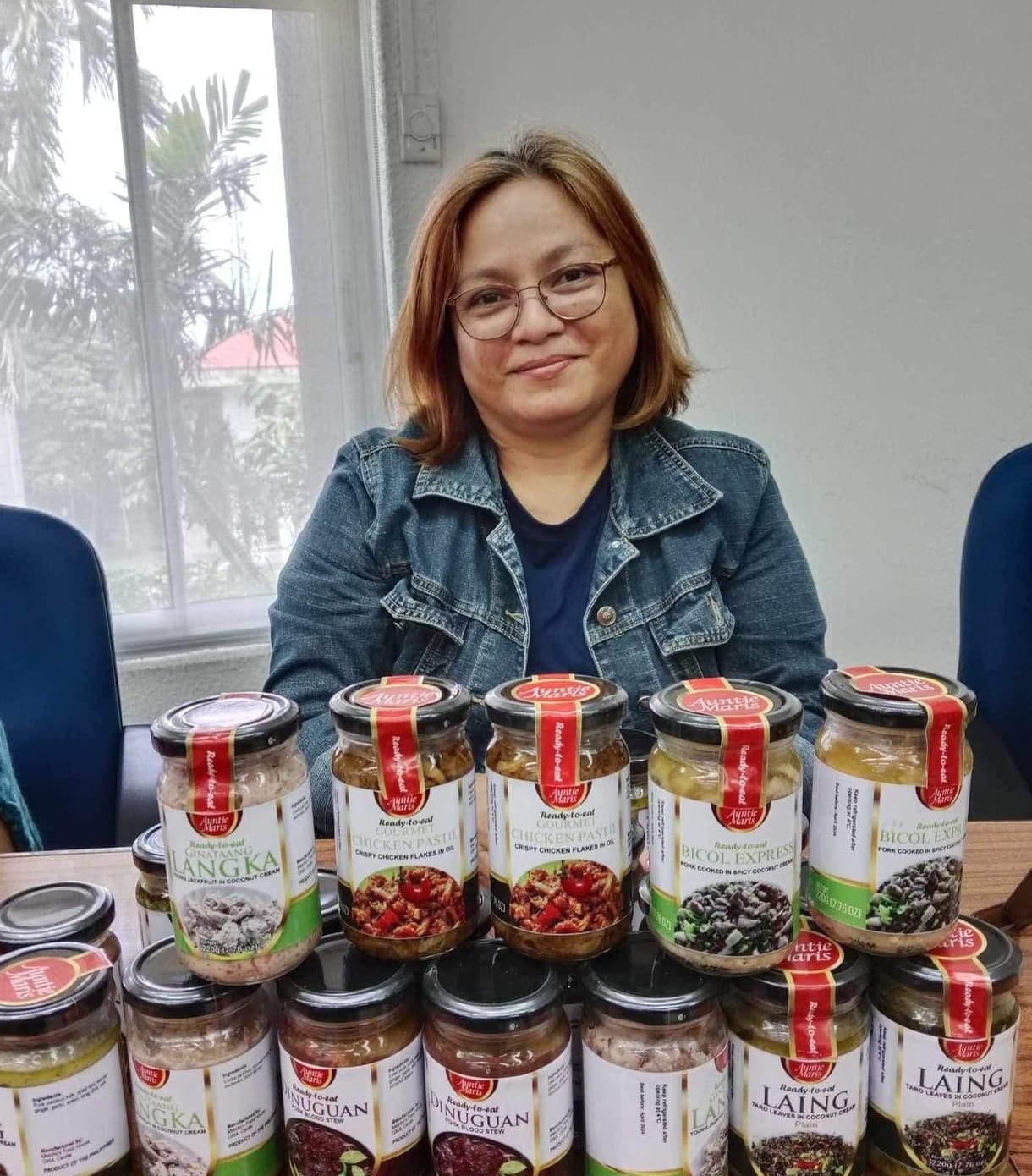
Her journey hasn’t been easy. The pandemic nearly shut her down, but she kept pushing—eventually enrolling in programs with both the Philippine government and the Academy. Through the Academy’s START NOW and GROW NOW trainings, she learned to balance practical business growth with spiritual resilience. She now pays herself a salary, listens closely to customer feedback, and partners with government agencies to improve her products.
Today, Maris supports her family through her company, Metchii’s Food Products, and employs full-time staff. Her goal: reward their loyalty by handing the business over to them in two years.
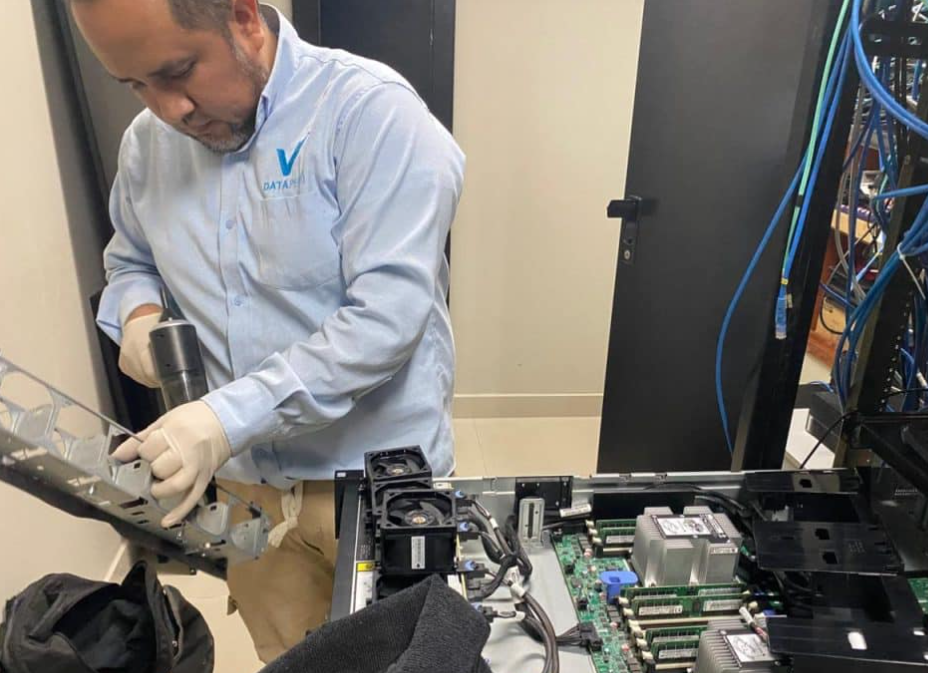
In Peru, Juan Villanueva turned a lifelong passion for technology into a community-based tech support business—built from his home during the pandemic. After losing both of his parents within months and nearly exhausting his savings to care for his brother, Juan leaned on grit, skill, and faith to keep going.
He now offers hardware and network support to local customers, applying key business principles from the Academy, like setting weekly goals, cutting costs, and focusing on customer service. This year, he plans to open his own tech workshop—a space he says will reflect every sacrifice, every small win, and every lesson learned on the journey.
Or Gabriel, a shoemaker in Nigeria who now trains others in his craft through the Academy. Gabriel launched his footwear business, Geezzy World, in Nigeria in 2010 but lacked the machinery needed to produce professional-quality shoes, delaying official registration until 2015. His breakthrough came through the “Start and Grow My Business” program by The Church of Jesus Christ of Latter-day Saints, which provided him with an industrial-grade machine, giving him a competitive edge. He later joined the Academy, a peer support group that improved his efficiency and record-keeping, resulting in increased earnings. Today, Gabriel not only runs a successful business but also mentors aspiring entrepreneurs in his community.
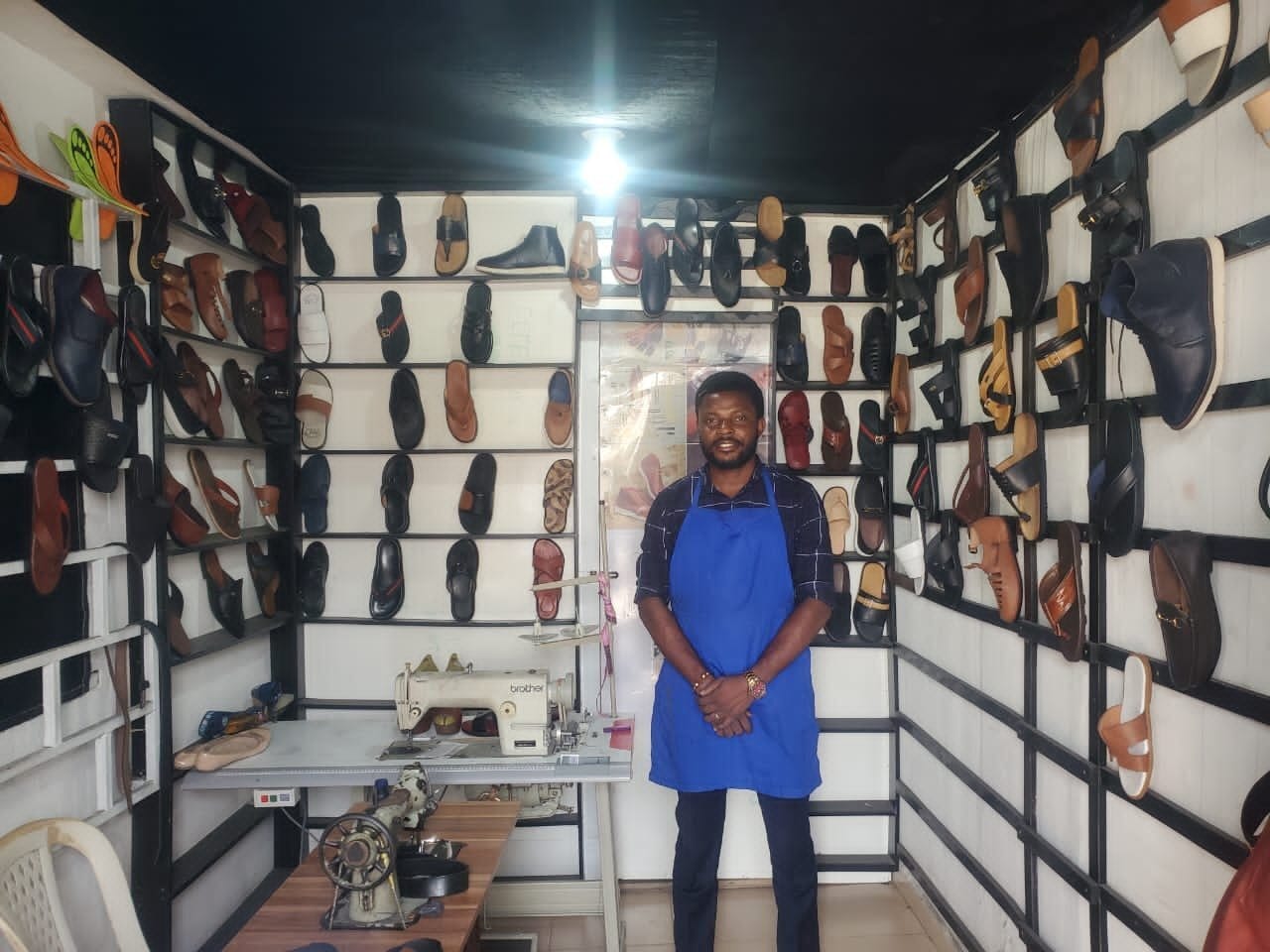
“The Academy doesn’t give people money,” Heyn said. “We give them tools. We give them belief. We give them a path. And that’s often what they need most.”
As the Academy continues to expand, potentially into East Africa and the Pacific Islands, Heyn is focused on growing from “centers of strength.” That means launching programs in high-density areas like Accra or Mexico City, then gradually expanding to surrounding regions. It’s a strategy that prioritizes momentum over reach, and sustainability over speed.
Asked how people can help, Heyn is clear:
“If you believe entrepreneurship can lift people out of poverty, get involved. Mentor. Teach. Sponsor a chapter. Share what you know.”
Because while the need is urgent, the solution is simple. Sometimes, it’s as small as a notebook and a rule of thumb.
Learn more or get involved at www.the-academy.org: sponsor a chapter, become a mentor, or watch success stories in action.

